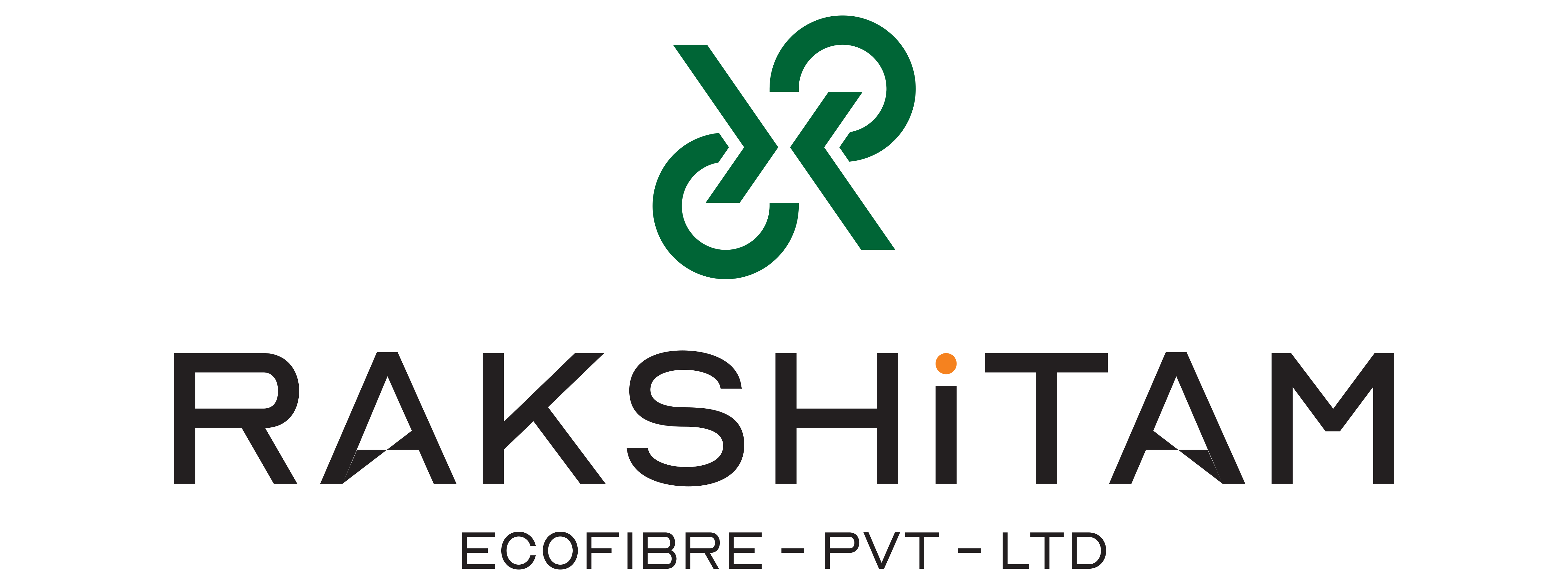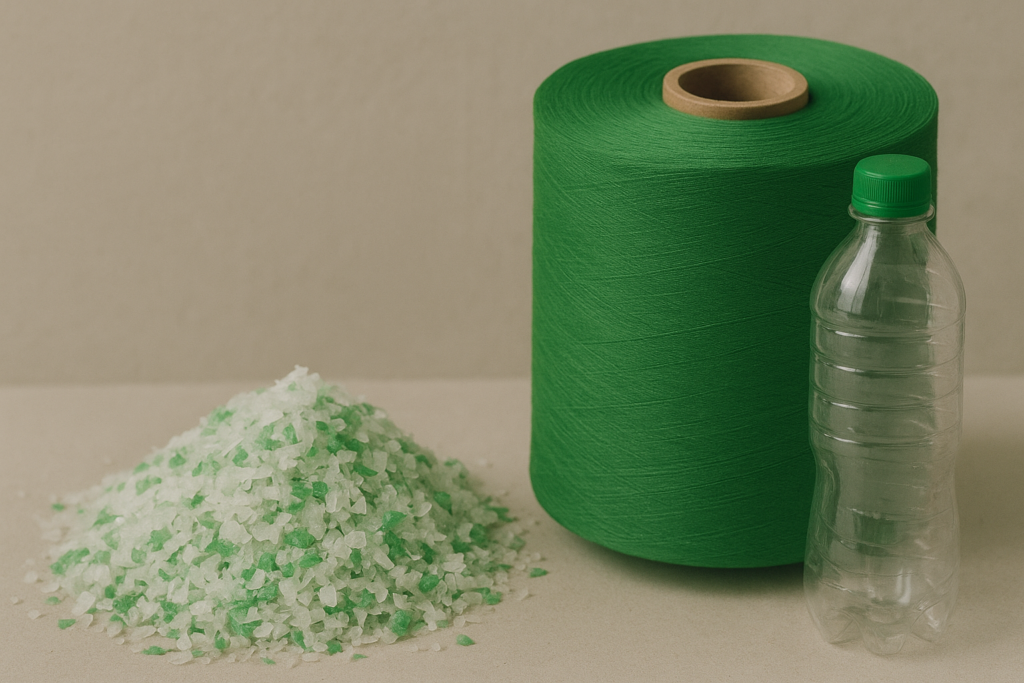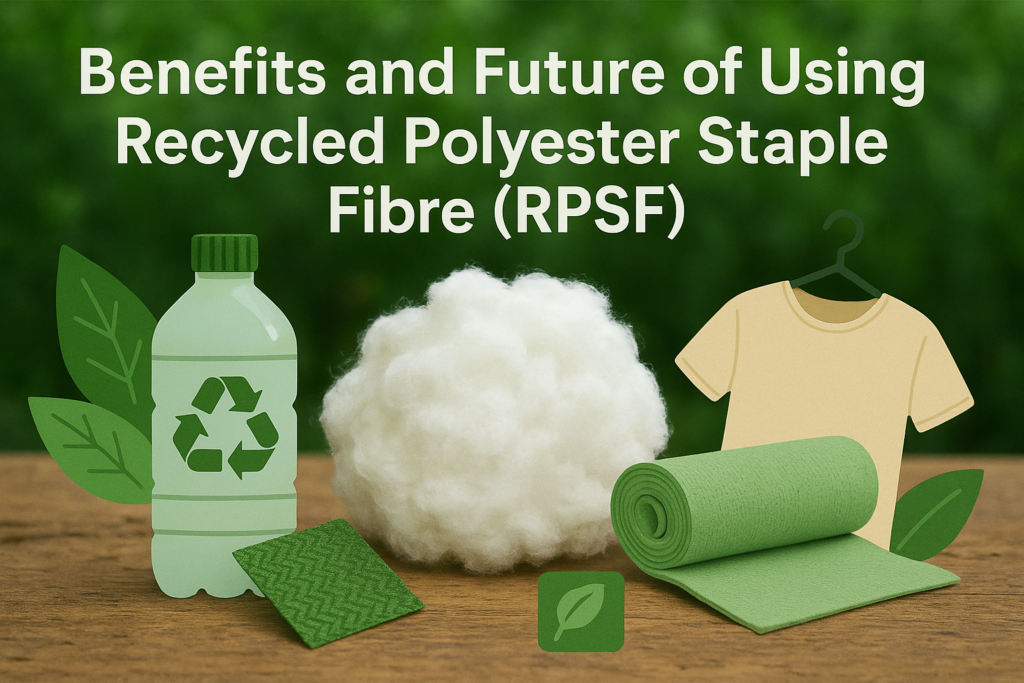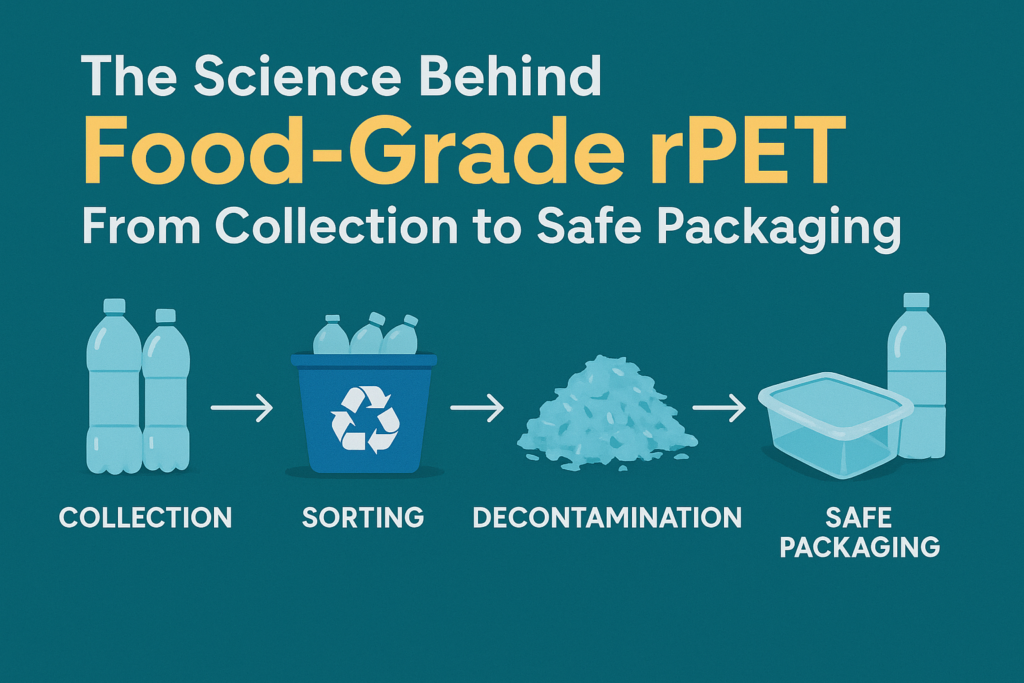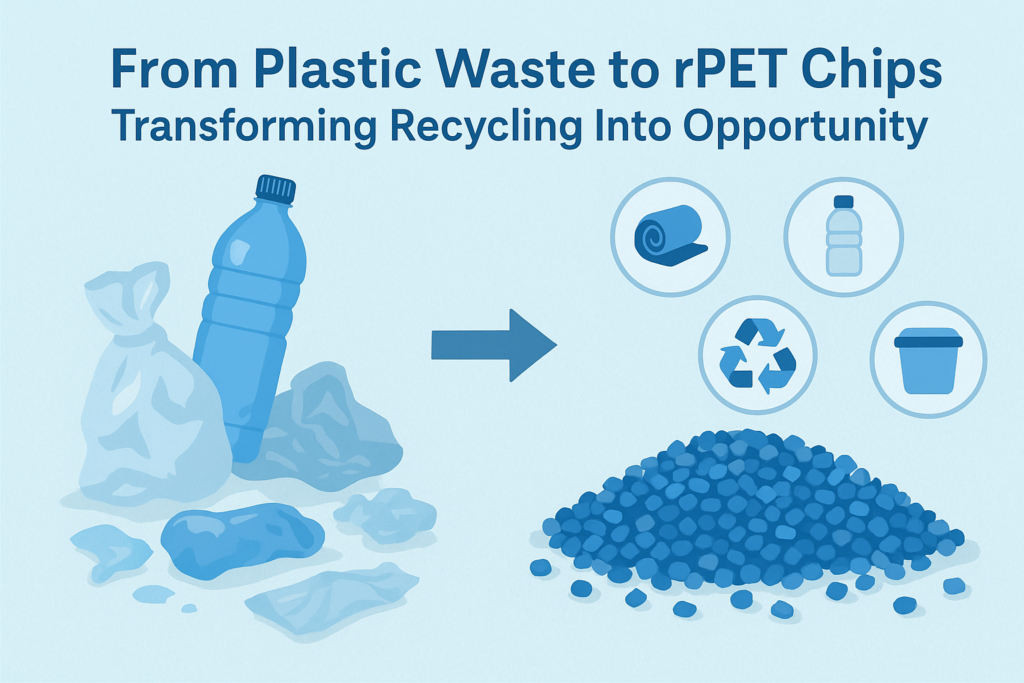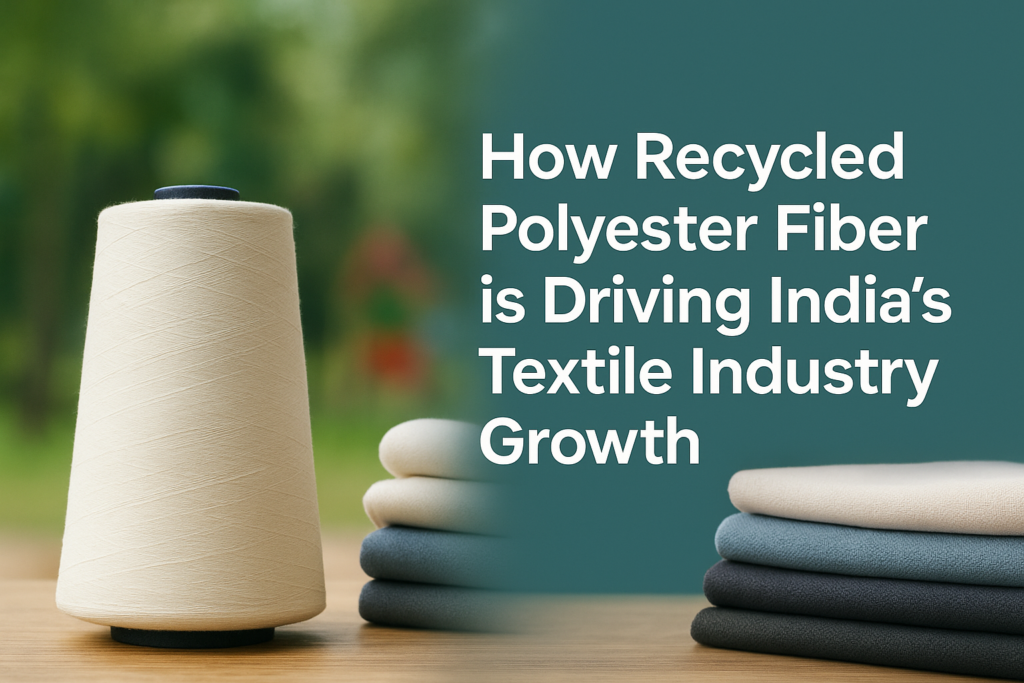As the environmental awareness in people’s minds and concern rises, the packaging industry of India progresses toward more sustainable products. From them, rPET comes at the forefront, a reliable source that not only is non-harmful but also protects the environment while being safer to handle with food, for its applications in India and what concerns of sustainability and practicality rPET actually helps the consumer to know in details about.
rPET stands for post-consumer PET-based materials, such as used plastic bottles, containers, collected, cleaned and recycled back into new packaging material that extends the life cycle of the plastics and lessens the production of virgin PET, therefore having an environmental impact.
India is one of the leading producers and consumers in the world of PET bottles, which makes it extremely promising to exploit rPET for food-grade applications. Because of its strong recycling network and environmentally conscious mind set, rPET has been seen as a sensible solution to food packaging.
rPET Environmental Advantages Plastic Waste Reduction
With millions of tons of plastic waste every year, of which a large percentage is made of PET materials, embracing rPET can divert plastic waste from landfills and oceans towards making the environment cleaner and healthier to live in.
Lower Carbon Footprint
With its energy consumption being lesser as compared to virgin PET, rPET also consumes fewer greenhouse gases. Therefore, in a country which works actively in order to achieve climate targets, it represents a tangible step for lowering carbon emissions associated with packaging.
Promotion of the Circular Economy
rPET is in line with a circular economy because it allows plastic once used to be used one more time. The effort follows India’s increasing thrust to bring forward sustainable development and save on available resources.
Safety of rPET for Food Packaging
Food packaging safety is highly crucial, and rPET meets all the global and Indian norms to ensure safety. For the reasons listed below, rPET can be explained as a safe material for food-grade applications:
Regulatory Standards
The rPET used for food packaging in India is as per the regulatory standards prescribed by the food safety and standards authority of India, FDA, or EFSA.
The rPET must not contain any toxic contaminants and hence is safe to be used for direct food contact.
Next Generation Recycling Technologies
The production of food-grade rPET involves advanced recycling processes, such as chemical recycling and super-clean technologies, which thoroughly remove impurities and ensure high levels of purity. These technologies make rPET indistinguishable from virgin PET in terms of safety and quality.
Rigorous Testing Protocols
rPET is thoroughly tested in terms of chemical composition, durability, and suitability for contact with food. These protocols ensure the material is safe, non-toxic, and complying with all health regulations.
Practical Benefits of rPET
In addition to these safety and environmental benefits, rPET offers practical benefits that make it the first choice for food packaging in India:
Versatility
rPET can be molded in different shapes and sizes and therefore can be used in packaging a wide variety of food products, such as beverages, ready-to-eat meals, and snacks.
Cost-Effectiveness
Although the initial investment in recycling infrastructure is cost-intensive, the long-run cost benefits of using rPET outweigh these costs. The demand for rPET is becoming increasingly affordable for manufacturers, with advancing technology.
Transparency and Durability
rPET retains virgin PET clarity, strength, and barrier properties, hence making it excellent for the protection and preservation of food with great appearance.
Consumer Appeal
The modern-day consumer is becoming more sensitive to his environmental impact and prefers products with sustainable packaging. With the adoption of rPET, brands will be in tune with consumer values and will hence increase their appeal in the market.
Challenges and the Way Forward
Although rPET has many positive aspects, its introduction to India poses several challenges in the way of its smooth implementation in the country. These are:
Collection and Sorting: Efficient systems for collecting and sorting post-consumer PET materials are important to provide a steady supply of good quality recyclables.
Awareness and Perception: Educating stakeholders about safety and benefits will help overcome the skepticism present in the people’s minds for the acceptance.
Investment in Infrastructure: Scaling up recycling facilities and technologies requires tremendous investment and governmental support.
All these require coordination between the policymakers, stakeholders in the industry, and organizations concerned with the environmental cause. Government policies related to the Plastic Waste Management Rules and Extended Producer Responsibility would boost the usage of rPET in the packaging industry.
Conclusion
rPET is the safest, most sustainable, and feasible food packaging option for India. It will reduce plastic waste, decrease the environmental impact, and will meet very stringent safety requirements. This makes it one of the best choices for this country’s growing packaging requirements. rPET adoption by India will take one giant leap towards a circular economy, carbon footprint reduction, and a greener future for generations.
rPET’s role in shaping the future of the Indian food packaging industry is not a choice for today but an investment in the health of the planet and well-being of future generations. And with increasing demand for sustainable packaging, the importance of rPET continues to grow.
